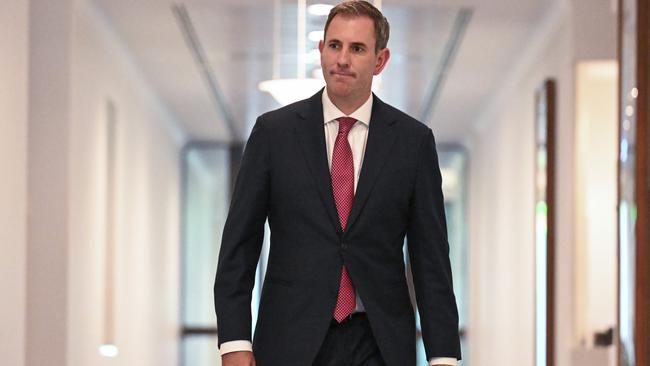We can be very grateful for the tireless work of the Senate independents led by David Pocock and Jacqui Lambie who carved out the most horrific, parts of the legislation, perhaps to be looked at separately next in the Senate.
But hopefully they will be confined to the dust bin.
Also, we can thank the Coalition because it would have been so easy to allow the original legislation to pass knowing it gave them almost certain victory at the next election.
Instead, they combined with the independents to block the legislation and force some sanity from the government side.
The independents have allowed the labour hire provisions to pass and unless there are some changes it will slash productivity and profits in the iron ore mines.
More seriously, it potentially could endanger development of the South Australian copper basin, so it will be a subject for greater examination next year.
But the terrible blows that the legislation proposed for the nation have been removed. Among the “casualties” are:
• The complex definition of casual employment to make it impossible to hire casuals without risking huge fines.
This meant for a great many Australians a 25 per cent take home pay reduction, which would have devastated their ability to meet mortgage payments.
• The virtual elimination of the gig economy, which aimed to make it incredibly hard for people to offer their services or accept jobs on the internet.
The Treasurer, when he allowed pensioners to take on extra work and not have their entitlements reduced, advocated, they use the gig economy to gain the extra revenue.
The legislation made that impossible. The Treasurer had not read the bill.

• The bill was a direct challenge to our highest court. The High Court which had set clear rules for independent contracting, but the bill superimposed the labour law into contract law creating a chaos that would and make it very dangerous for people to hire on contract because they could later be required to pay holiday pay, superannuation etc. The bill was so wide that a householder employing a gardener on a regular basis might later have to pay that person holiday pay and superannuation.
• The plan to eliminate small trucks who around the nation can now breathe easily again. This was a particular highlight for Lambie who was the only remaining senator who had stopped a previous Labor government’s attempt to wipe out small truckies.
The industrial relations bill attempt was vicious because it envisaged stripping the powers of Gina Cass-Gottlieb at the ACCC so that unions and big companies could come together in a cartel to push up prices.
My readers will know that in all these subjects I have been relentless in highlighting the devastation to our country that would have resulted had these measures gone through.
There is no doubt that the employment minister believed the bill was so complex that the independents would never read it, and therefore it would go through unamended.
It represented a basic union agenda which applied to a society that no longer exists.







Australia has avoided the chaos that would have been created had the 784-page industrial relations legislation passed in its original form.